Reportar esta entrada
Más sobre la misma comunidad-colección
Séptima Muralla de los Gigantes - El Paso, Texas
Early members of the Women's Club in El Paso Texas were ...
Línea de tiempo de Woman's Club - El Paso, Texas
This timeline was used in an exhibit at Museum of History in ...
Oso de Don Haskins - El Paso, Texas
This bear was given to Don Haskins by boosters of the UTEP ...
Vestido de novia de Acelia Alderete Armijo - El Paso, Texas
Wedding dresses are special, well cared for garments. Because ...
Exposición Máquinas de escribir - El Paso, Texas
The modern manual typewriter was the creation of many inventors ...
Crisantemos en la fiesta de exalumnos - El Paso, Texas
Decorated homecoming mums are a Western – and an El Paso – ...
Exposición A to Z - El Paso Texas
Mass transportation in 1882 came in the form of mule cars, which ...
Amigo (Sun) Man, (Hombre amigo sol)
Amigo man began in 1974 as a marketing tool for the El Paso ...
Apertura de la Exposición UTEP - 2014
UTEP - Centennial Celebration - 100 years old - El Paso, Texas. ...
Monumento de Fray García - John Sherrill Houser - El Paso, Texas
Fray Garcia Monument - John Sherrill Houser - El Paso, Texas - ...
Fray Garcia de San Francisco - El Paso, Texas
Fray Garcia De San Francisco - El Paso, Texas - Artist places ...
Fray Garcia de San Francisco - El Paso, Tejas
Fray Garcia De San Francisco - El Paso, Texas - " The Mission ...
Primeros Pasos Octavo Muro de Gigantes - El Paso, Texas
El Paso’s Eighth Wall of Giants First Steps: A Commemoration ...
Recuerdos atléticos y de la banda de CHS - El Paso, Texas
Cathedral High School Band and Athletic mementos. 2017
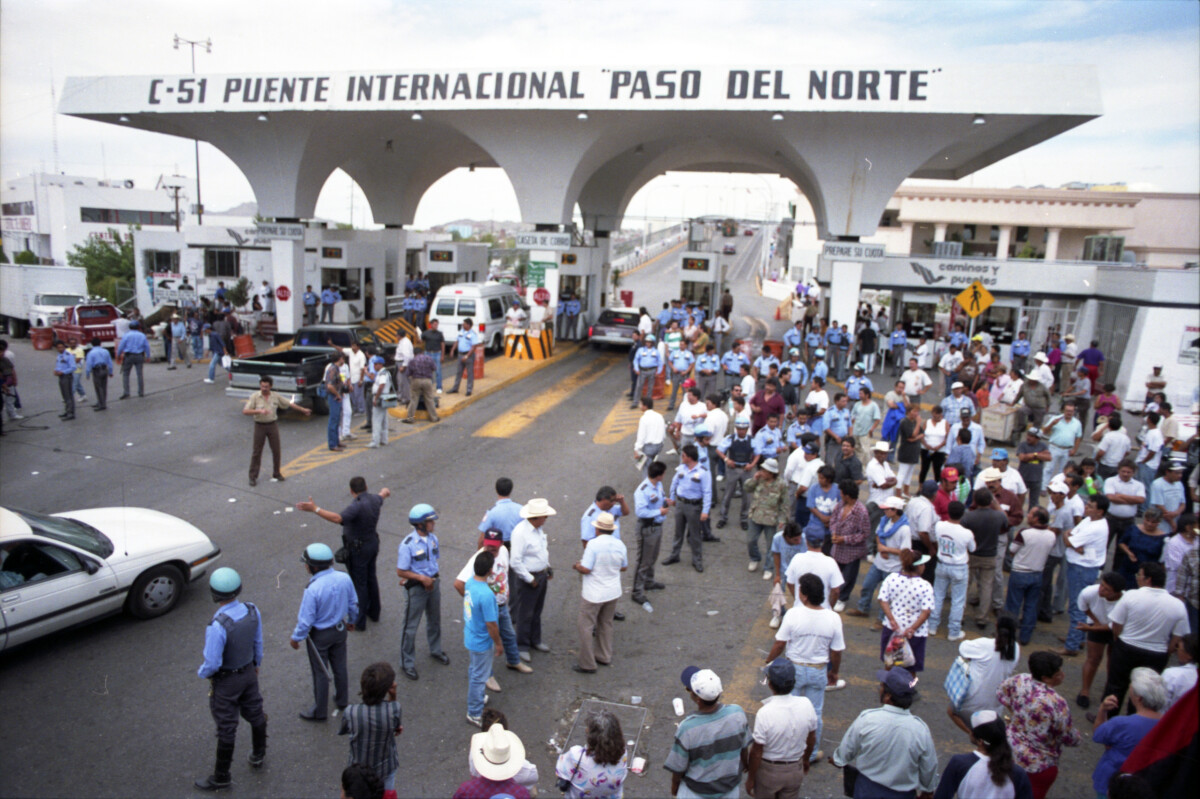
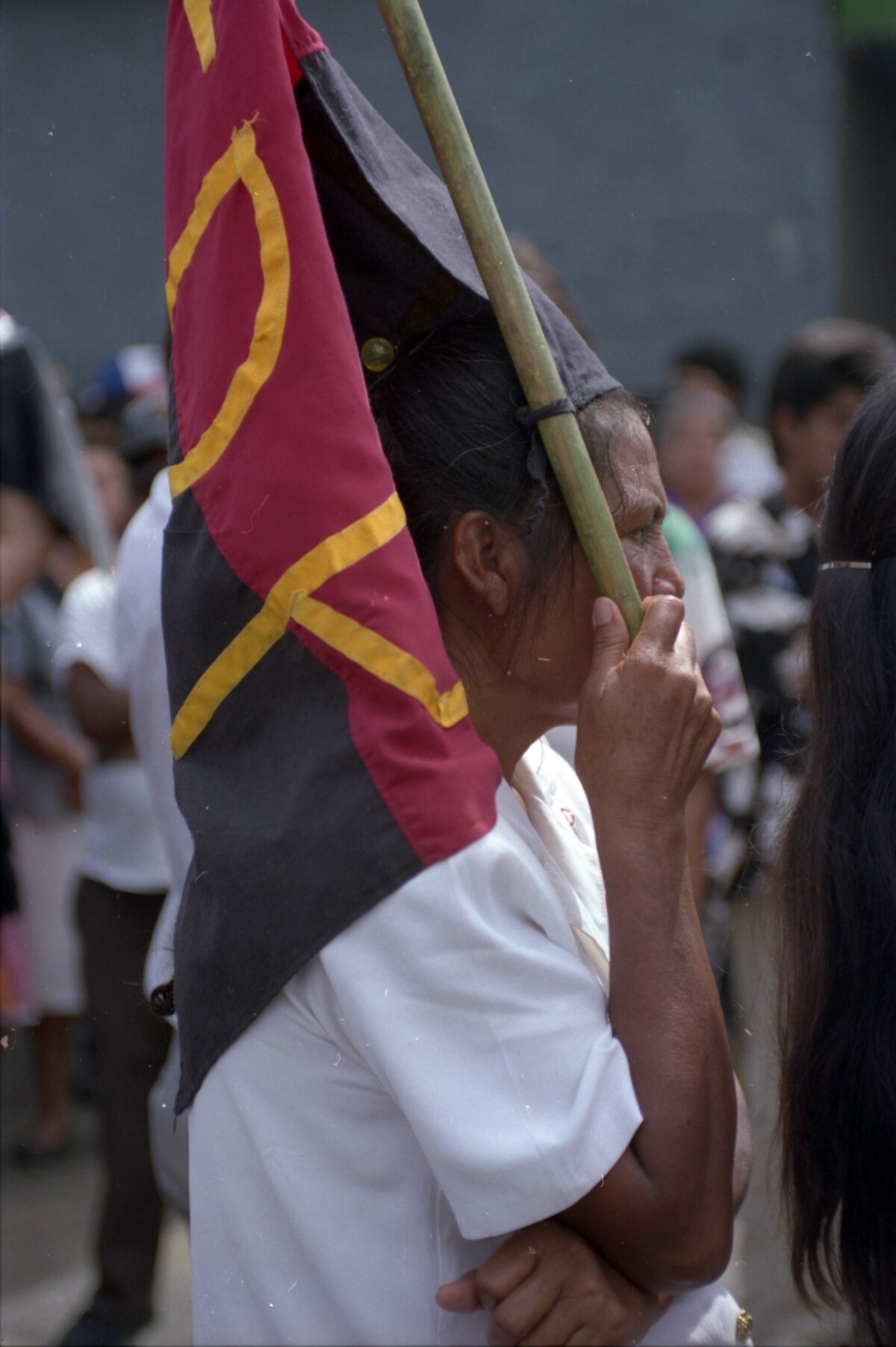
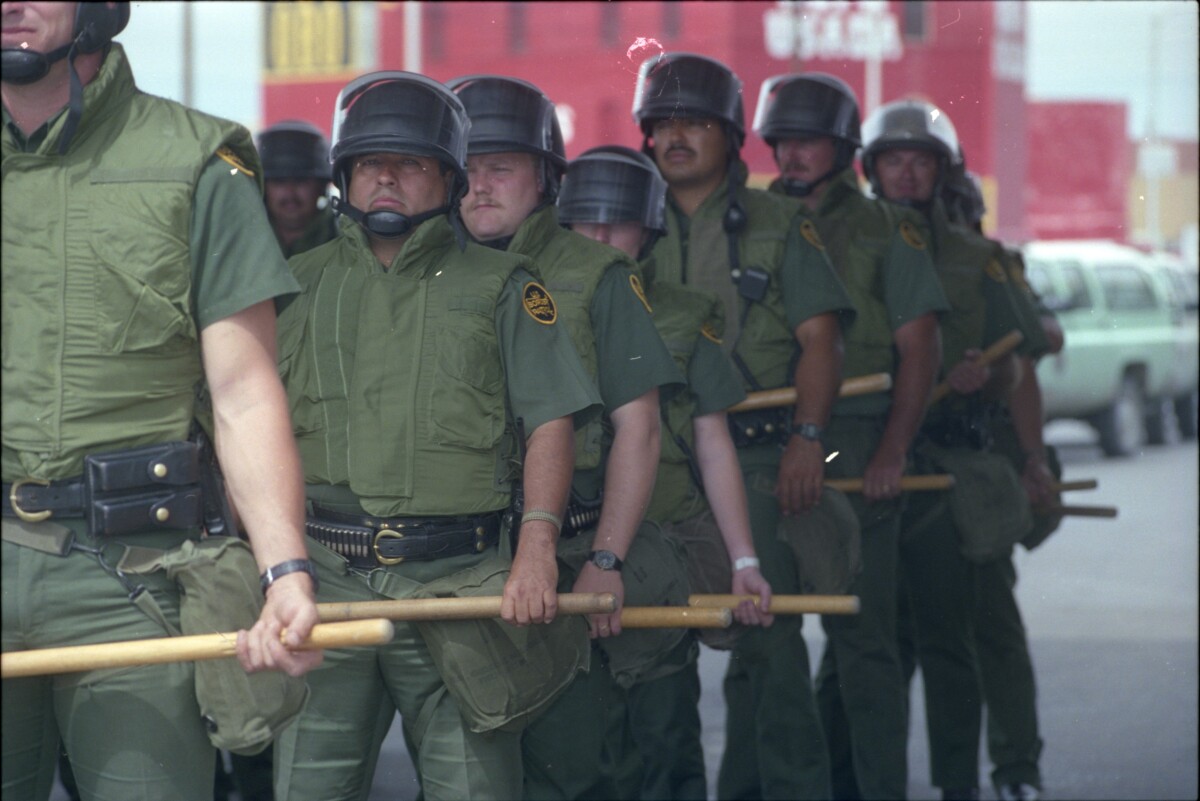
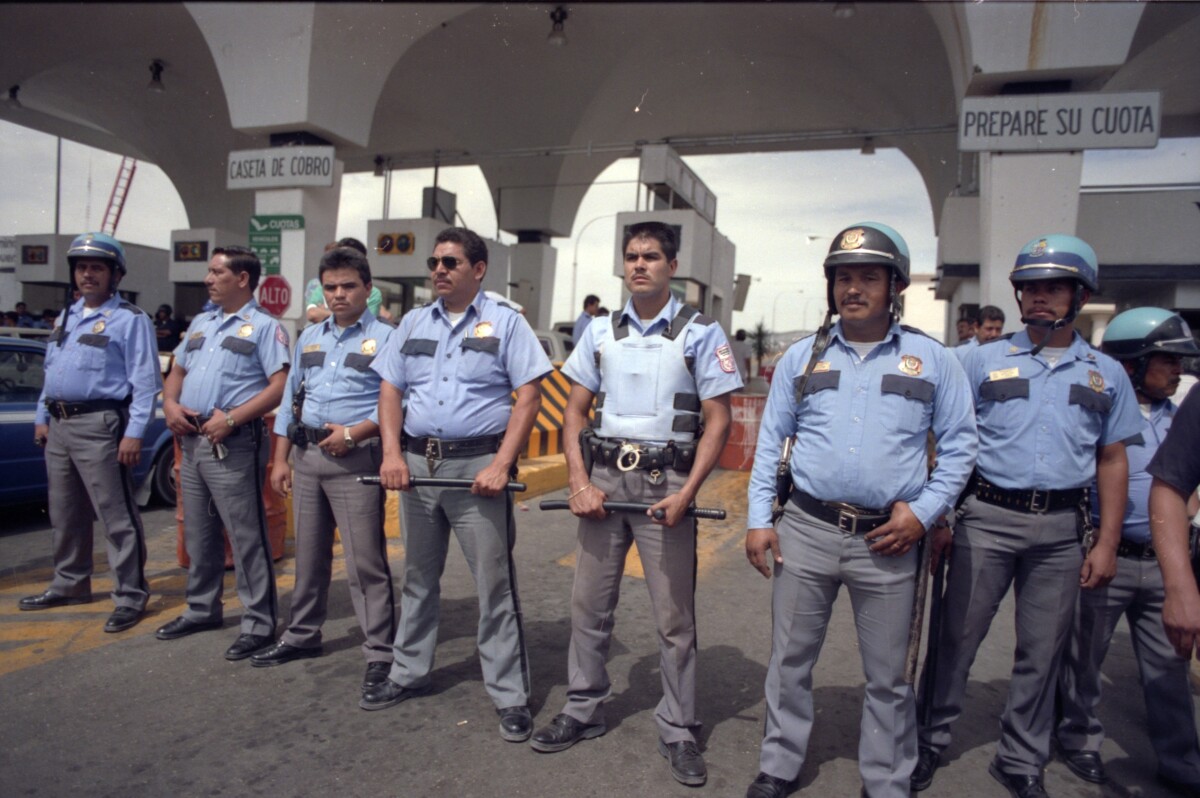
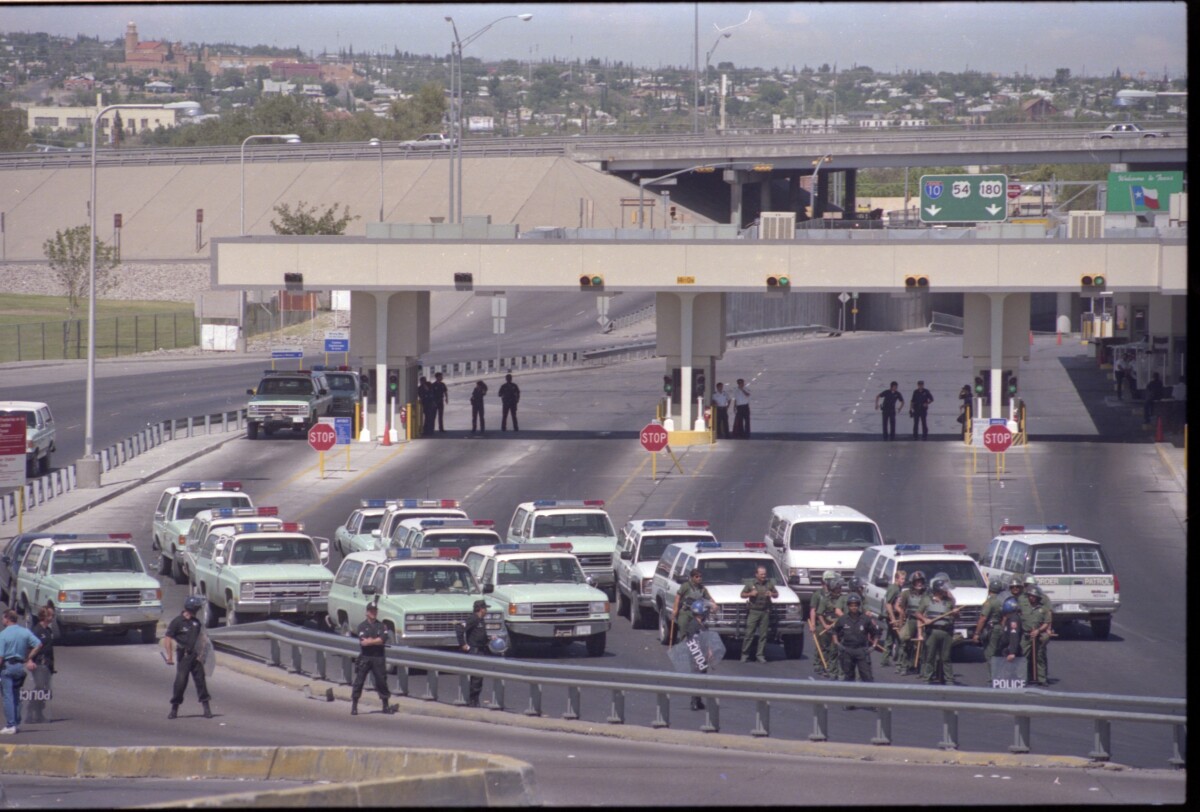
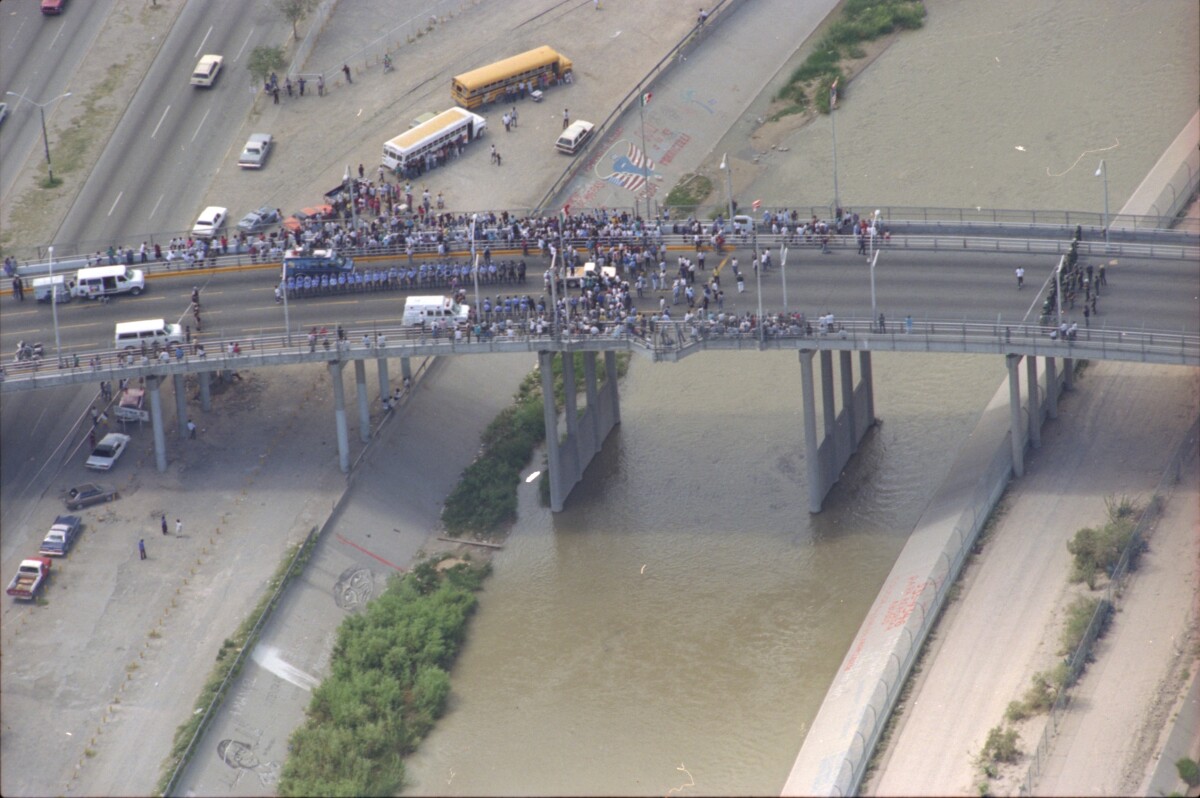
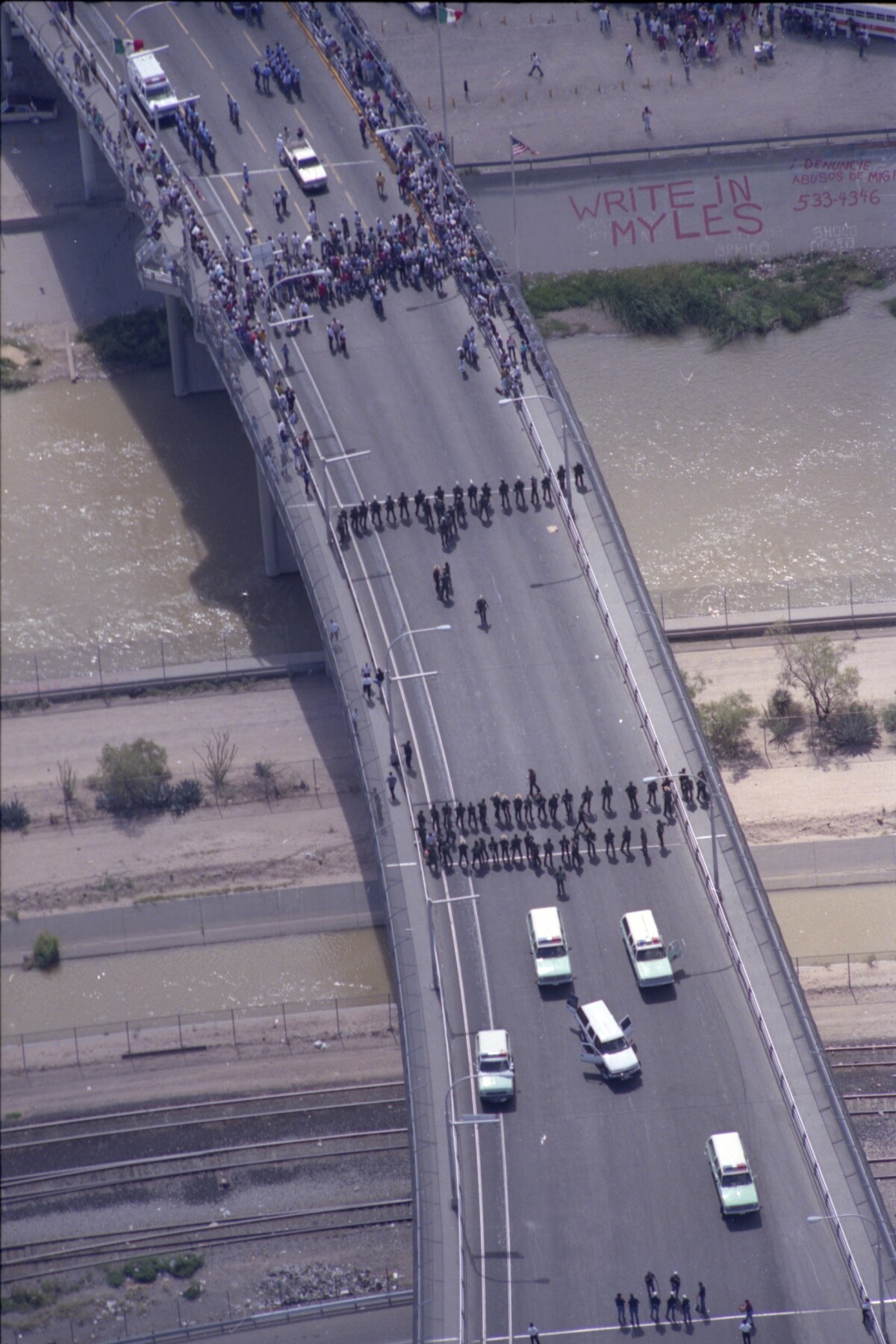


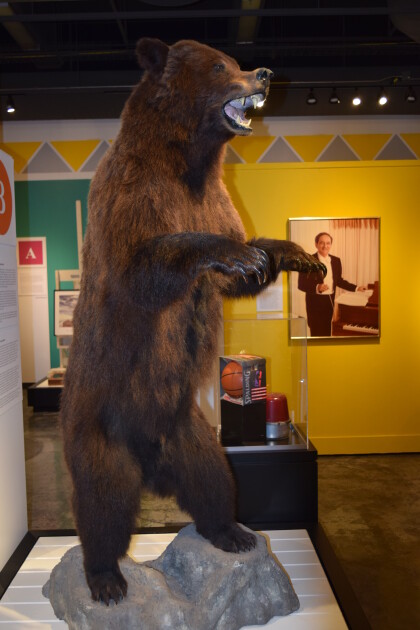
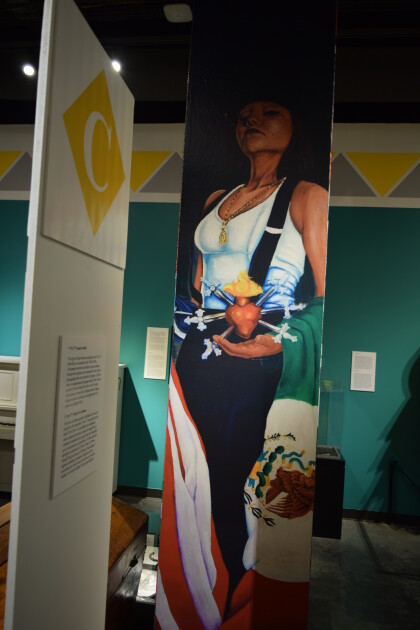


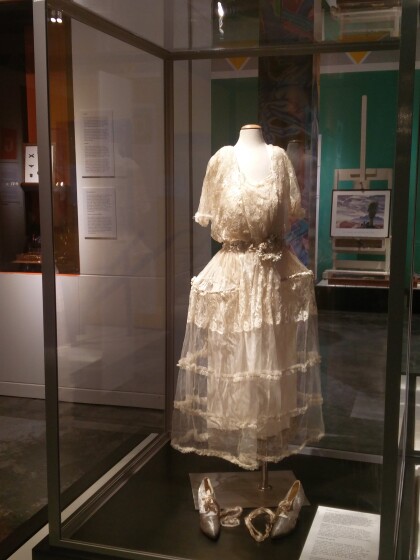
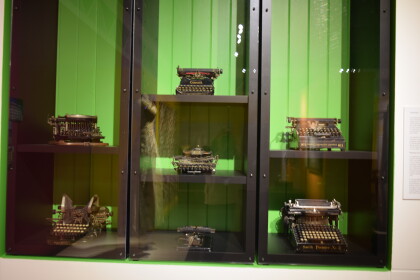
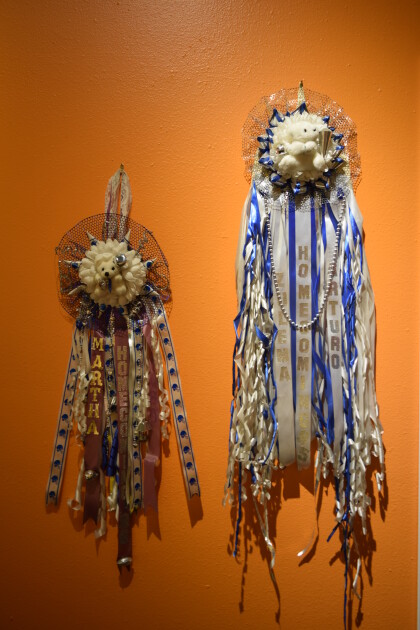
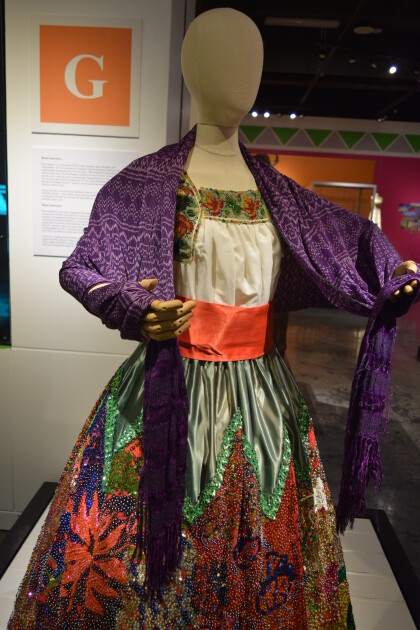


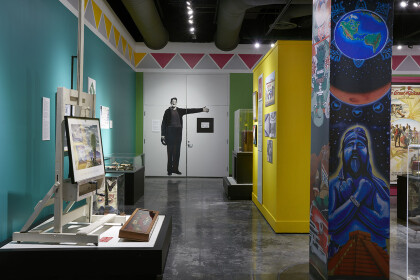
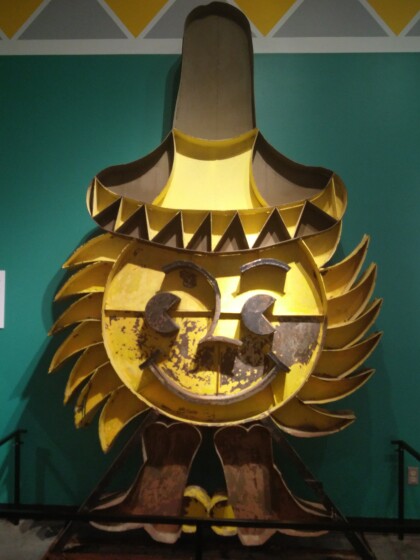
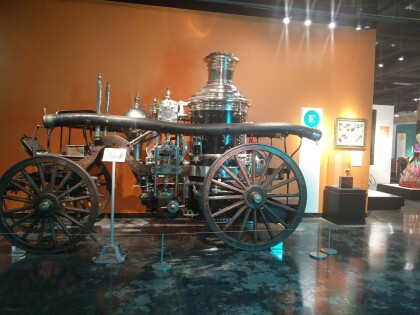
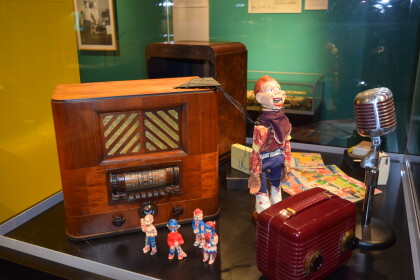

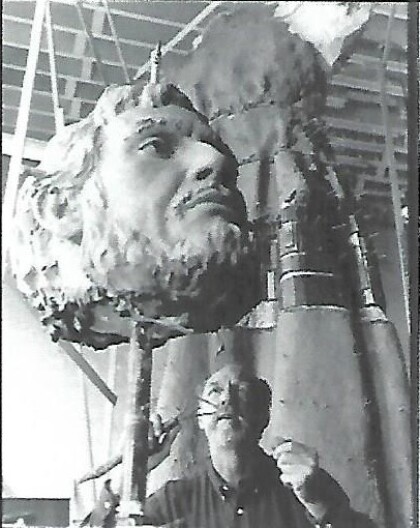
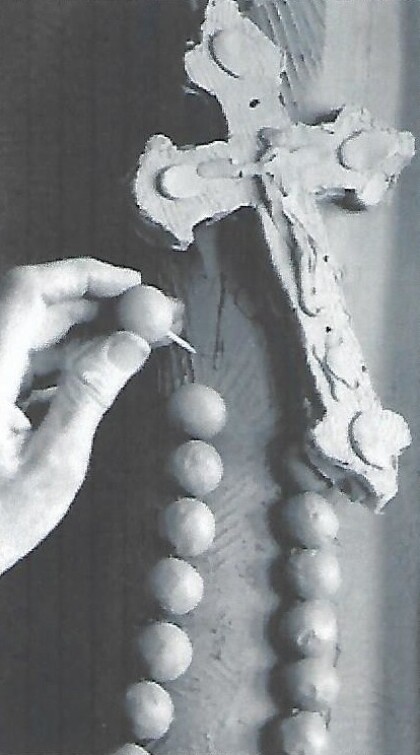

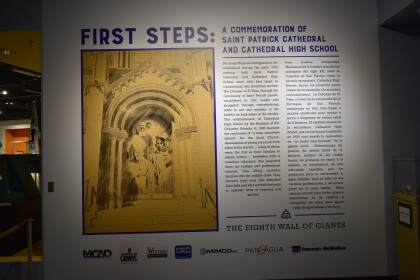
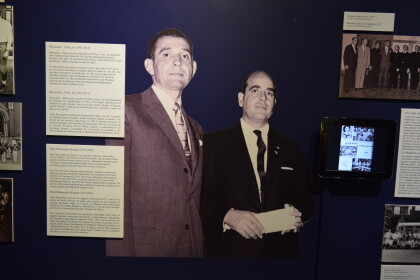
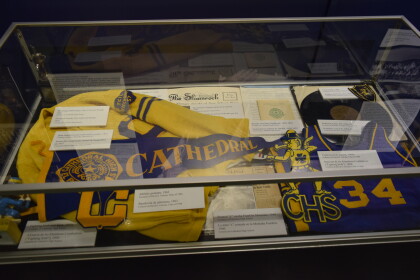
Comentarios
Hacer un comentario